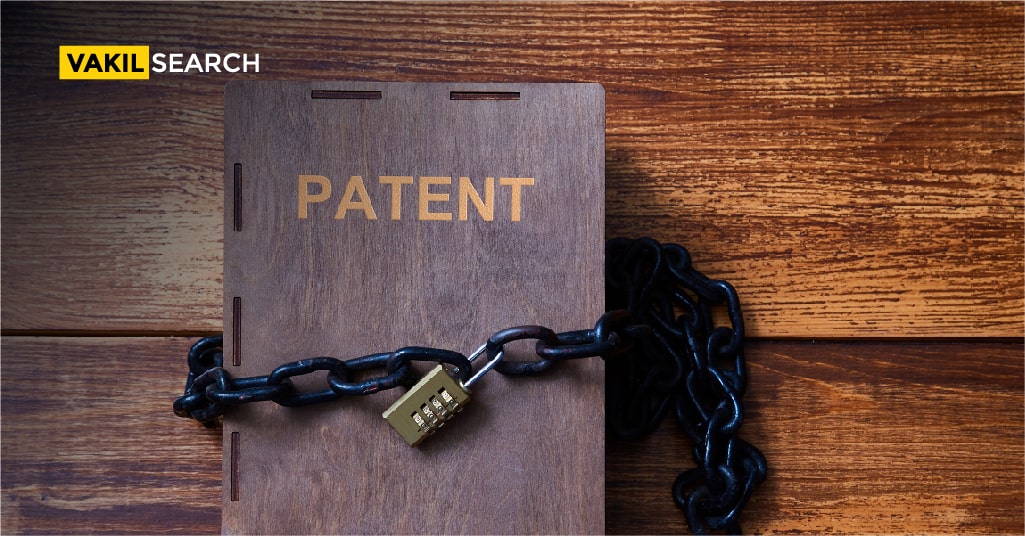Patents that are evergreened are one sort of patent that is essential in the pharmaceutical sector. Patents that are evergreened have a lifespan of more than 20 years.
Patents are a set of exclusive rights granted to the inventor/producer by the government. The patents will grant permission for a set period of time in exchange for the creation’s wide publication. The whole patent rights prevent others from preparing, utilizing, selling, or publishing the patented creation without approval.
Explain the Evergreening of Patents:-
As the name implies, ever-greening a patent is a corporate, legal, business, and technological technique for extending the term of a granted patent in a jurisdiction that is about to expire in order to keep revenues by obtaining new patents.
In general, the evergreening of patents is not a formal idea in patent law. Rather, this is a societal concept that is used to refer to a variety of things. Patent holders use regulatory procedures and legislation to enhance diligent possession powers in this process. Patents that are evergreen mean that you can benefit from them for a longer period of time.
In simple terms, patent evergreening refers to the continuing extension of patent rights. It also refers to the process of obtaining many patents for the same item. By accumulating patents on superior versions of existing products, these patents cover many aspects of a single product.
Patents that are evergreened are typical in pharmaceutical patents. The most important approach used by global medication companies is drug patent evergreening. According to reports from 2014, the global pharmaceutical industry is worth more than 1 trillion dollars. It has been used by US businesses since 1983, and by Canadian provinces since 1993. The evergreening of patents means securing wealth from high sales volume for a long time.
Global Agreements, Acts, and Practices
Below are a few acts and agreements that are related to the evergreening of patents.
India
India altered its patent laws to accept the TRIPS obligations in 2005. Novartis vs Union of India is still one of the landmark decisions by the Supreme Court. Novartis was a popular drug-making company that applied for patents in 1997. Moreover, novartis’ patents were not obtained because the medication had no significant healing properties. Furthermore, it is identical to an existing form that is protected by patents outside of India. Similarly, pharmaceutical companies did not hold patents prior to the 2005 reforms. The patents were provided to the producers after the revisions.
South Korea
South Korea has a patent law named the Republic of Korea-United States Free Trade Agreement (KORUS FTA). Article 17.10.4 of AUSFTA has an identical element in article 18.9.4 of KORUS FTA. These provisions are occasionally related to TRIPS-plus indicating. They are an extension of the provisions of the patent of the WTO multilateral agreement. Additionally, this agreement links to the TRIPS (Trade-Related Aspects of the Intellectual Property Rights) agreement. Few intellectuals like to cite it as TRIPS-minus because of their ability.
Canada
Canada rebuilt its network connected to the evergreening of patent methods in 1993 because of NAFTA. As per Canadian NOC laws, units that deal with authorizations of patents and compliances were curbed. They have prevention from approving drug makers for the manufacture of drugs. Moreover, every applicable patent on the label word product has expired. After NAFTA evoked restrictions, whenever a medicine manufacturer fills an application for a fresh product, it again delivers a Notice of Allegation(NOA) declaring that none of their patents has been violated.
Australia
To harmonize with international norms, the Australian government made specific alterations in its laws. A fresh Section 26B has an arrangement in the Therapeutic Goods Act,1989. According to 26B, the applicant needs to certify that their product is not infringing on existing patented products. Further, the Australian administration authorized anti-evergreening adaptations in 26C and 26D Sections of the Therapeutic Goods Act, 1989. These amendments are created to avoid patent owners from falsifying the court system for extending their patents. Further, the goal of 26C and 27D is to curb patent owners from getting an extension of their patents.
United States of America
The concept of evergreening of patents arose in the USA after the approval of the Hatch Waxman regulation. The federal trade commission in 2002 organized a widespread inquiry. 75% of pharmaceutical manufacturers entangle in action that is instigated by the owner of the actual patent. Additionally, to curb this, the FTC will approve that just one evergreening patent should be submitted by the company. In the U.S the 101,102,103 codes of patents laws reveal the need for patents.
Conclusion:-
When a patent expires, generic products may become available in the market. Market competition arises as a result of these generic items from various companies. As a result, the price of the goods is reduced. Due to the patentee’s monopoly being extended, the ever-greening of patents prevents the price of a product from falling.
The benefit of limiting patent evergreening is that it provides relief to poor people who rely on life-saving pharmaceuticals. It also assists in keeping the cost of essential pharmaceuticals within reach of the general public in developing and underdeveloped countries.
The procedure of evergreening of patents might include certain factors of international trade law and patent law. Just because the evergreening process never earned any legal attention. It doesn’t mean that this practice is not spread in many regions of the world.
Read more:-

